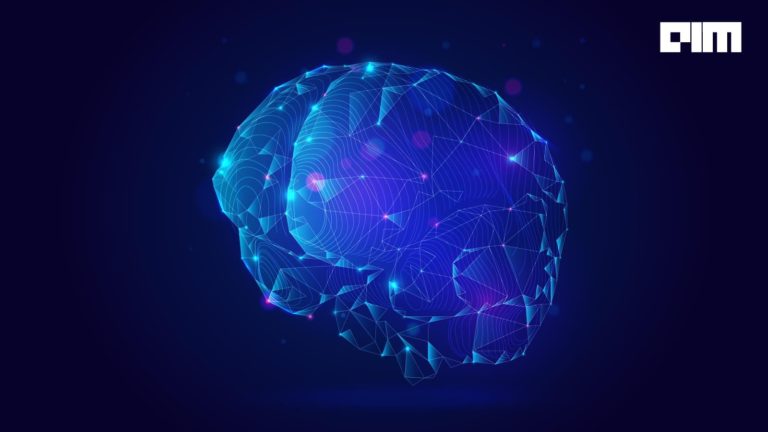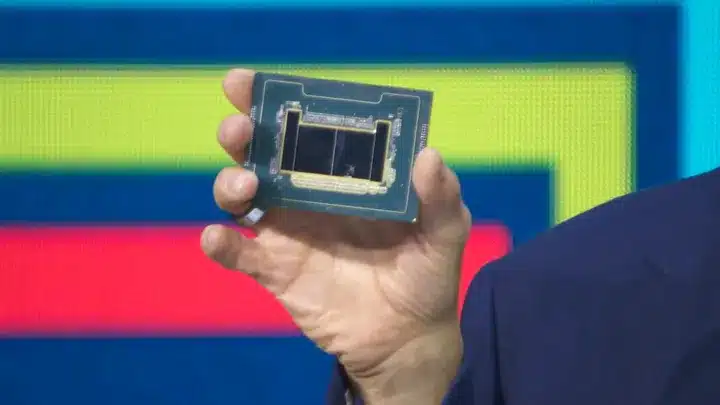Indian companies are very much dedicated to building their own AI models. And Intel has been a long lover when it comes to delivering solutions within the country in every technological domain. Now, Intel is taking another step forward by partnering with Indian companies for delivering its AI hardware.
“Boy was I startled when I learned that India is very convinced they need their own models for their environment” said Patrick Gelsinger, CEO of Intel at Intel Vision 2024. “They are excited to train and be able to deliver that using Gaudi clusters,” he added.
Apart from Xeon 6 and Gaudi 3, there were various new collaborations announced at the event, many within India.
The buzzing partner ecosystem
Bharti Airtel aims to harness its extensive telecom data to enhance AI capabilities, thereby enriching customer experiences and exploring new revenue avenues in the digital realm.
Infosys has announced a strategic partnership with Intel, integrating Intel technologies such as 4th and 5th Gen Intel Xeon processors, Intel Gaudi 2 AI accelerators, and Intel Core Ultra into Infosys Topaz. This collaboration aims to offer AI-first services, solutions, and platforms to accelerate business value through generative AI technologies.
Infosys also plans to utilise Intel’s AI training resources to educate its employees about Intel’s product offerings, enabling them to offer generative AI expertise to the company’s extensive international customer base across various industries.
Ola Krutrim is utilising Intel Gaudi 2 clusters to pre-train and fine-tune its foundational models with generative capabilities in ten languages, achieving industry-leading price/performance ratios compared to existing market solutions. Additionally, Krutrim is currently pre-training a larger foundational model on an Intel Gaudi 2 cluster, further advancing its AI capabilities.
CtrlS, one of the largest and fastest growing data centres in the world, which is hosting most of the providers in India is also using Gaudi 2 and Xeon processors, revealed Gelsinger in his keynote.
In March, L&T had also announced its collaboration with Intel for deploying scalable edge-AI solutions across various domains, including Cellular Vehicle-to-Everything (CV2X) applications, leveraging the expertise in connected vehicles and smart transportation systems alongside Intel’s Edge Platform.
Just this month, Zoho also collaborated with Intel for optimising AI workloads within the company. Santosh Viswanathan, vice president and managing director at Intel, said that Zoho has witnessed significant performance improvements in AI workloads with 4th Gen Intel Xeon processors.
Though most of these partnerships come with the last generation of Gaudi and Xeon, the leadership has been quite vocal about the expansion plans within the country.
India is set as a distinct entity
Intel is betting big on India, which is not that new. Providing cheaper alternatives when it comes to data centres and powering enterprise solutions, Intel has always been the go to choice for Indian companies. While NVIDIA is increasingly expanding its partnership within India with entities like Yotta for establishing data centres, Intel remains a viable option for already established customers within India.
“AI does not just require big GPUs to solve the problem. There are a lot of different models that can run on Xeon. Innovation at scale can happen with Xeon. We are working with several large customers. Gaudi 2 is available, Gaudi 3 comes in the second half. You will see some of those products coming into India through these customers as well,” Viswanathan said earlier.
Christoph Schell, executive vice president of Intel said that the company is betting big on India when it comes to AI by carving it out as a separate geographic region. The American chip manufacturer is introducing a new era of computing with the release of its AI-powered PC in late 2023.
These systems, featuring Intel’s Core Ultra processors tailored for AI tasks, improve user productivity and experience. Intel’s AI PCs are currently available in the market, and numerous retailers have started distributing them in India. By 2025, Intel aims to supply core processors for as many as 100 million AI-enabled PCs, much of which would be through India.
Though Viswanathan has said that the company currently has no plans for setting up its fab within the country, it is still betting big on AI in India through other ways.
“World needs a balanced supply chain. You cannot have 80% of servers being made in one place and 90% of all laptops made in one place. I think that’s the key change where India can really step and help build a balanced electronics supply chain for the world,” he said.
Viswanathan said India has about 20% of the world’s data sets that can be used for AI models training.
“We are very frugal. 16 or 20% of the world’s AI talent is in India. We kind of lead the world and not follow in this path. That’s another piece that makes me bullish about India. For me India is most exciting. AI is not just artificial intelligence, it is also amazing in India. No other country has digital infrastructure at the scale that we have. India stack is a game changer,” Viswanathan said.
































